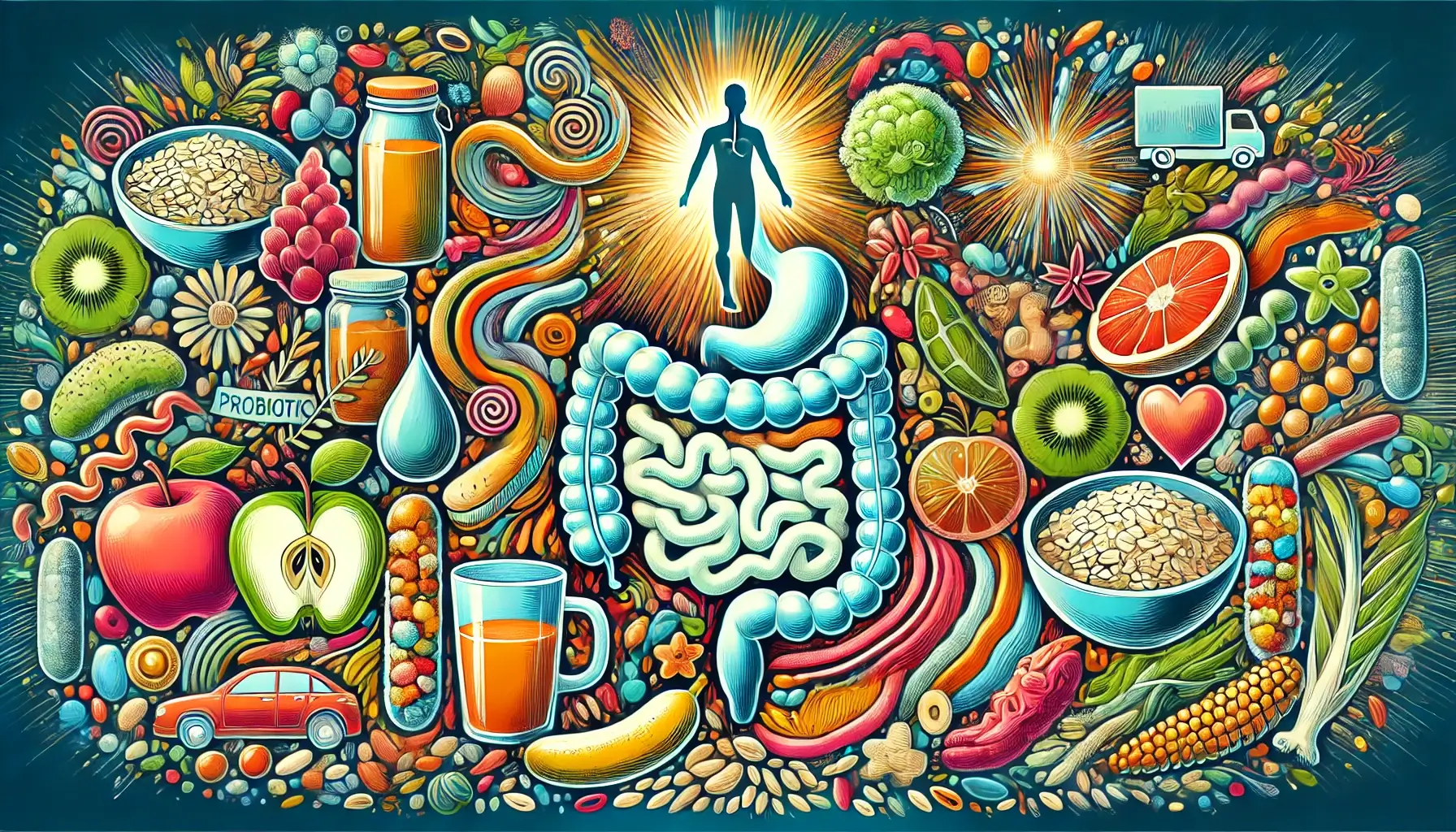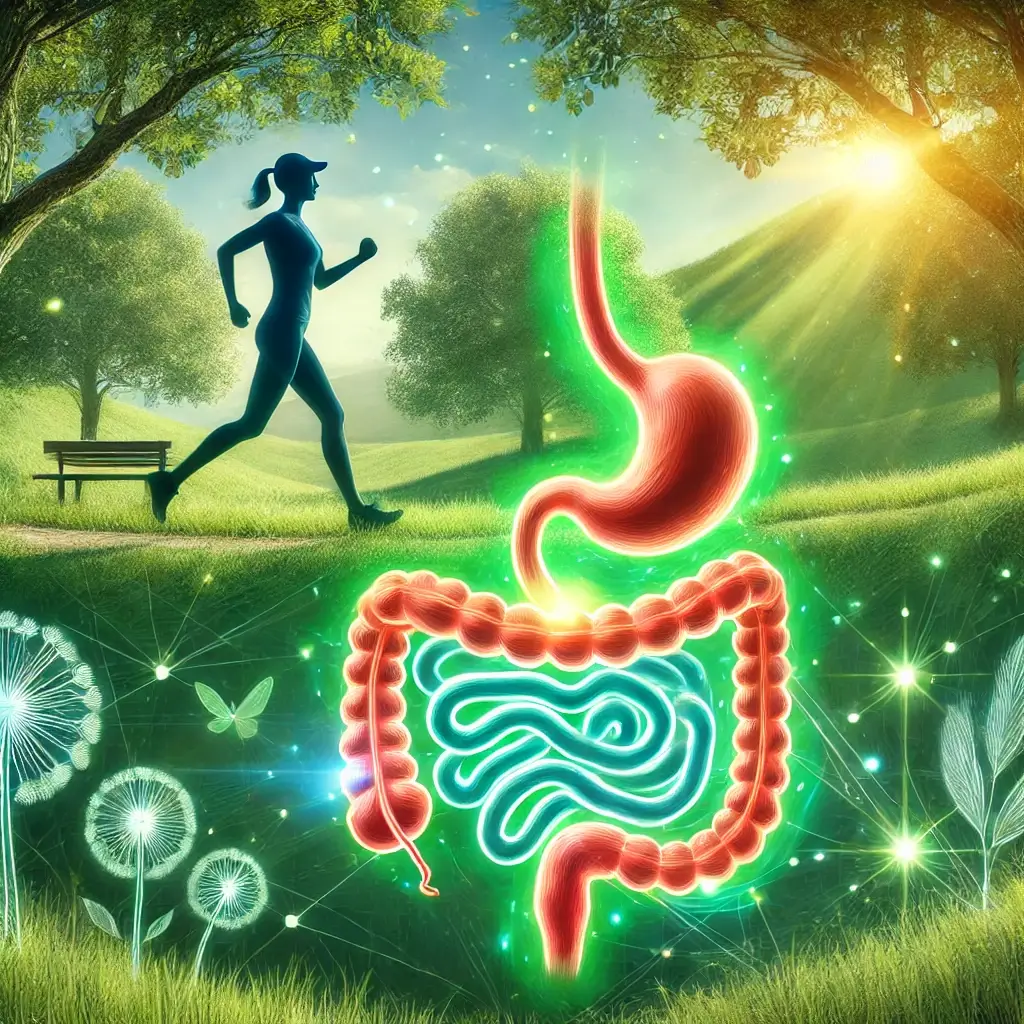Microbiome Mastery: Evidence-Based Strategies for Better Digestive Health
Understanding the Digestive System’s Core Functions
The digestive system, a vital and dynamic network, serves as the cornerstone of overall health. Responsible for processing food and absorbing nutrients, it directly impacts the immune system function, mental health, and even chronic disease prevention. Despite its importance, digestive health is often overlooked until discomfort or illness arises.
The Gut Microbiome’s Critical Role
Modern research increasingly highlights the gut microbiome’s role—a complex ecosystem of trillions of bacteria residing in the digestive tract. These microorganisms influence digestion and immunity regulation, and even mood regulation through the gut-brain axis. Disruptions in this system, known as gut dysbiosis, can lead to issues such as irritable bowel syndrome (IBS), inflammatory bowel disease (IBD), and metabolic disorders. Fortunately, science shows that targeted dietary and lifestyle adjustments can effectively nurture gut health.
Introduction to Research and Strategies
This article delves into the latest research and practical strategies for optimizing digestion. By making intentional choices, you can foster a balanced microbiome and enhanced well-being.
Scientific Insights into Dietary Adjustments
The Power of Fiber as a Prebiotic
Dietary fiber is essential for feeding beneficial gut bacteria, acting as a prebiotic that promotes a healthy microbiome. A 2017 study in Alimentary Pharmacology & Therapeutics found that fiber significantly alleviates constipation and enhances gut health. Incorporate sources like oats, apples, and beans into your meals, aiming for 25–35 grams daily (Chey et al., 2016).
The Importance of Hydration
Dehydration is a common yet avoidable cause of digestive distress. Research in Nutrients (2019) underscores that adequate water intake prevents constipation and facilitates efficient bowel movements. Consider hydrating with water-rich foods like cucumbers and watermelon alongside regular fluid consumption (Li et al., 2019).
The Impact of Processed Foods
Processed foods high in artificial additives and refined sugars disrupt gut microbiota, contributing to inflammation and bacterial imbalance. A 2017 study in Nature revealed that diets high in sugar promote gut dysbiosis, leading to metabolic and digestive complications. Replace processed snacks with whole foods such as nuts, seeds, and fresh produce (Lobionda et al., 2017).
Benefits of Fermented Foods
Fermented foods, such as kimchi, kefir, and miso, are rich in probiotics for gut health support. A 2016 meta-analysis in The American Journal of Gastroenterology concluded that probiotics from dietary sources significantly reduce IBS symptoms and other gut disorders (Ford et al., 2016).
Lifestyle Strategies for Digestive Wellness
The Role of Exercise
Physical activity directly influences gut motility and microbiome diversity. A 2018 review in the World Journal of Gastroenterology found that moderate-intensity exercises improve intestinal health and reduce symptoms of constipation (Petersen et al., 2018).
Stress Management Techniques
The gut and brain are intricately connected, and chronic stress disrupts digestive balance. The journal Gut (2015) highlights the impact of stress on gut motility and microbiota composition. Practices like meditation, tai chi, and breathing exercises help mitigate these effects (Chrousos, 2015).
The Practice of Mindful Eating
Eating mindfully allows better digestion focus. Chewing thoroughly and savoring each bite can prevent overeating and reduce bloating, and improve nutrient absorption. This practice aligns with emerging trends in holistic wellness and mindful meal consumption.
The Connection Between Sleep and Gut Health
Sleep deprivation impacts gut microbiota balance, disrupting the balance of beneficial bacteria. Prioritize 7–8 hours of quality sleep per night to restore hormonal and microbial harmony in your digestive system.
Understanding Probiotic and Prebiotic Synergy
The synergy between probiotics and prebiotics for gut health is crucial for a thriving microbiome. While prebiotic-rich foods like bananas and garlic set the stage for a healthy gut environment, probiotics actively replenish beneficial strains. A combined approach enhances digestion and immunity. Consult a healthcare professional before introducing supplements to ensure they meet your specific needs.
Conclusion: Scientific Approach to Digestive Health
Digestive health is a dynamic interplay of diet, lifestyle, and microbial balance. By leveraging scientific insights, you can take proactive steps to support gut health, benefiting your body and mind alike.
Focus on fiber-rich meals and consistent hydration, and stress-reduction techniques to cultivate a balanced gut microbiome. Remember, the journey to a healthier digestive system through sustainable changes. Partner with a healthcare provider for personalized guidance tailored to your unique needs.
The power to unlock digestive wellness through mindful choices lies in your hands, supported by modern science and mindful choices. A balanced gut is the foundation of a balanced life, enabling you to thrive from the inside out.
References
Chey, W. D., et al. (2016). Fiber for constipation: Effect on constipation symptoms and quality of life. Alimentary Pharmacology & Therapeutics, 44(11), 1421–1431. https://pubmed.ncbi.nlm.nih.gov/27671200/
Li, Z., et al. (2019). Gut microbiota, fiber intake, and constipation. Nutrients, 11(7), 1709. https://pubmed.ncbi.nlm.nih.gov/31328454/
Lobionda, S., et al. (2017). Gut microbiota and the role of probiotics in improving gut health. Nature Reviews Gastroenterology & Hepatology, 14(8), 473–485. https://pubmed.ncbi.nlm.nih.gov/28469282/
Petersen, A. M., et al. (2018). The effect of exercise on the gut microbiota. World Journal of Gastroenterology, 24(10), 438–451. https://pubmed.ncbi.nlm.nih.gov/29516291/
Chrousos, G. P. (2015). Stress and disorders of the stress system. Gut, 64(9), 1445–1462. https://pubmed.ncbi.nlm.nih.gov/25697001/
Ford, A. C., et al. (2016). Efficacy of probiotics in irritable bowel syndrome: A systematic review and meta-analysis. The American Journal of Gastroenterology, 111(10), 1547–1561. https://pubmed.ncbi.nlm.nih.gov/27676651/













